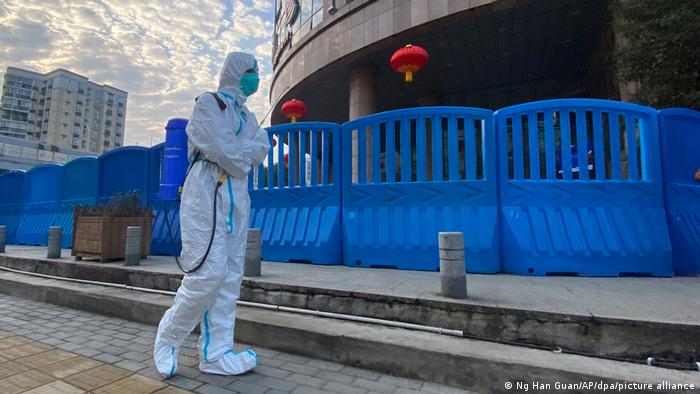
Berlin: The World Health Organization said it was monitoring a new variant of the coronavirus named mu, the 12th letter of the Greek alphabet.
Mu is scientifically known as B.1.621 and has been classified as a "variant of interest," the WHO said in its weekly pandemic bulletin on Tuesday.
The global health body said the variant has mutations that show a risk of resistance to COVID-19 vaccines, emphasizing that further studies were required to understand it better.
Since its detection, mu has been reported in South American countries and in Europe.
South Korea on Wednesday said it had secured 1.5 million doses of BioNTech-Pfizer and Moderna's COVID-19 jabs from Romania.
Meanwhile, Japan's Kanagawa prefecture said it has found another vial of Moderna's COVID-19 vaccine thought to contain a foreign substance.
The prefecture said a pharmacist found several black particles in a vial during a check for foreign substances before the vaccine's use.
The prefecture said it has put the rest of the lot on hold.
Last week, Japan had suspended the use of 1.63 million doses of Moderna vaccines after being informed of contamination in some of the supplied doses.
Moderna and Spanish pharmaceutical company Rovi — which bottles Moderna shots — have said the cause could be a manufacturing issue.
Moderna also said no safety or efficacy issues had been identified as a result of the issue.
Spain has vaccinated 70% of its 47 million residents, Prime Minister Pedro Sanchez announced on Wednesday.
Sanchez said recently that "more than 90% of over 40s" were fully inoculated while "more than 70% of those in the 20-29 and the 12-19 age groups" had received at least one dose of the vaccine.
Only Malta, Denmark and Belgium have a higher proportion of their residents vaccinated, according to the latest statistics.
Germany on Wednesday reported 13,531 new cases of the coronavirus, according to data published by the Robert Koch Institute (RKI) for infectious diseases. The seven-day incidence rate rose to 75.7 from 74.8 the previous day.